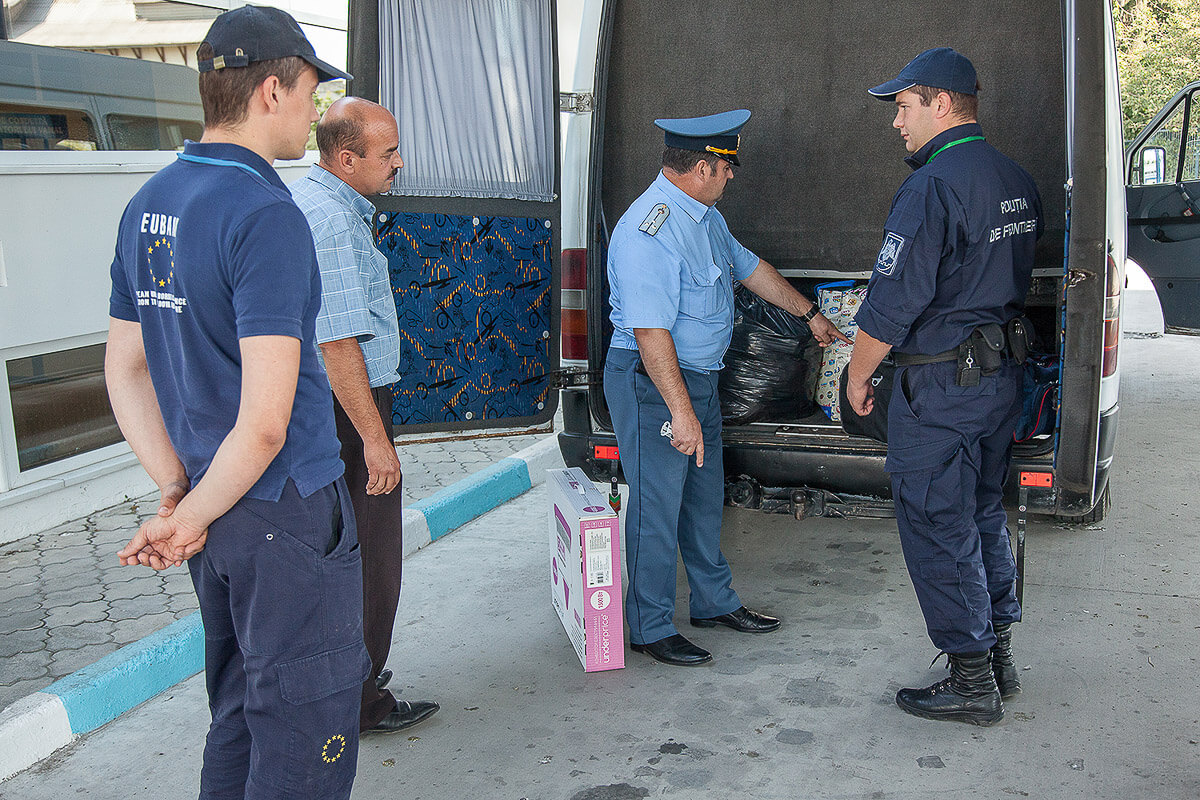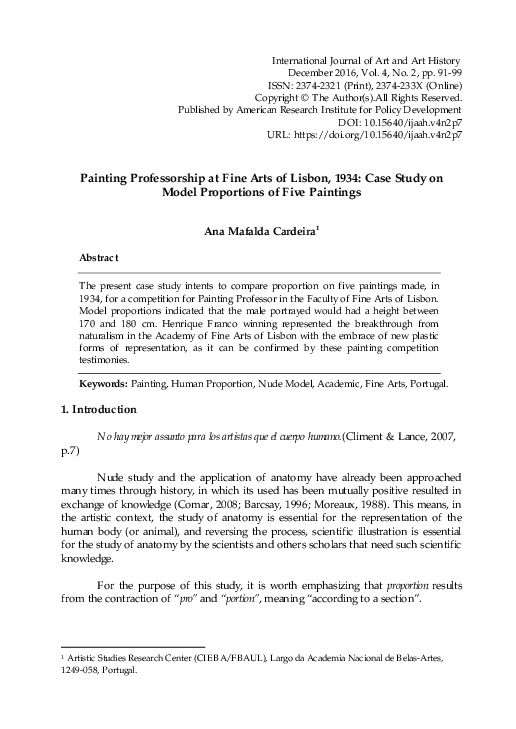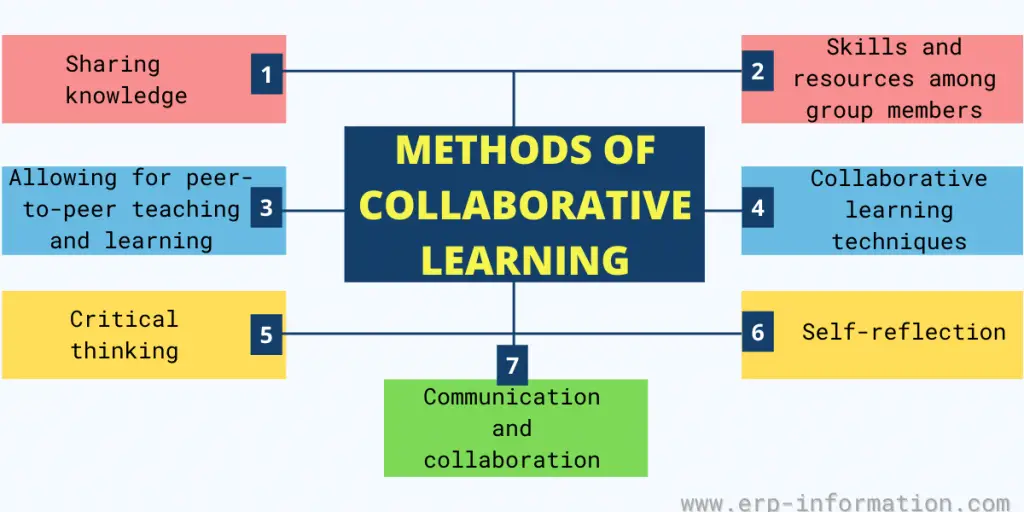Strengthening Cross-Border Cooperation To Combat Crime

Table of Contents
Enhanced Information Sharing: The Foundation of Effective Cross-Border Crime Fighting
Real-time data exchange between law enforcement agencies is paramount for effective cross-border crime fighting. Sharing timely intelligence allows agencies to identify emerging threats, track criminal activities across borders, and coordinate responses more effectively. This crucial aspect of international cooperation forms the bedrock of successful transnational crime investigations.
- Examples of successful information-sharing initiatives: Interpol's I-24/7 global police communications system provides a secure platform for real-time information exchange, significantly aiding investigations. Similar initiatives exist regionally, focusing on specific crime types or geographic areas.
- Challenges in information sharing: Data privacy concerns, differing legal frameworks regarding data protection, and varying technological capabilities across nations pose significant challenges. Language barriers and differing data formats also complicate information exchange.
- Technological solutions: Secure communication platforms, encrypted data transfer systems, and standardized data formats are essential for overcoming technological hurdles. Cloud-based solutions and blockchain technology offer potential improvements in secure data sharing and verification.
- The importance of standardized data formats and protocols: Adopting common data formats and protocols is vital for ensuring seamless information flow and interoperability between different law enforcement systems. This eliminates translation errors and simplifies data analysis.
Joint Investigations: A Collaborative Approach to Tackling Transnational Crime
Joint investigations involving multiple countries are essential for dismantling complex criminal networks operating across borders. By pooling resources and expertise, law enforcement agencies can gain a more comprehensive understanding of criminal activities, identify key players, and build stronger cases for prosecution.
- Examples of successful joint investigations: International collaborations have successfully targeted major drug trafficking rings, terrorist networks, and human trafficking organizations, leading to significant arrests and seizures of assets.
- The importance of clear communication channels and shared operational strategies: Establishing clear lines of communication and agreeing on shared operational strategies are crucial for the success of joint investigations. This includes the coordination of search warrants, arrests, and the sharing of evidence.
- Challenges in conducting joint investigations: Jurisdictional issues, language barriers, differing legal procedures, and cultural differences can all complicate joint investigations. Coordination across multiple agencies and time zones presents logistical challenges.
- Strategies to overcome these challenges: Dedicated liaison officers, skilled interpreters, and the use of translation software can greatly assist in overcoming communication barriers. Establishing clear protocols for evidence sharing and mutual legal assistance can address jurisdictional concerns.
Harmonizing Legal Frameworks: Creating a Unified Front Against Crime
Consistent legal definitions and procedures across borders are essential for effective prosecution of transnational crimes. Without harmonized legal frameworks, criminals can exploit loopholes and inconsistencies in national laws to evade justice.
- Examples of international treaties and conventions: The UN Convention Against Transnational Organized Crime and numerous other international treaties aim to harmonize legal frameworks related to specific crime types. These agreements establish common definitions, procedures, and mechanisms for cooperation.
- Challenges in harmonizing legal systems: Differing legal traditions, political considerations, and varying levels of commitment from participating countries often hinder the process of harmonizing legal frameworks.
- The role of international organizations: Organizations like the United Nations Office on Drugs and Crime (UNODC) and Interpol play crucial roles in facilitating legal harmonization, providing technical assistance, and promoting the adoption of international standards.
- The importance of mutual legal assistance treaties: MLATs are crucial for facilitating the exchange of evidence and the execution of requests for assistance across borders. These treaties streamline legal processes and ensure the smooth flow of information between jurisdictions.
Optimized Resource Allocation: Investing in Cross-Border Crime Fighting
Effective cross-border cooperation requires a significant investment of resources. Efficient allocation of financial, human, and technological resources is essential for achieving meaningful results.
- Financial resources: Funding for joint operations, training programs, the development of advanced technology, and the maintenance of international communication networks are all critical.
- Human resources: Investing in training programs for law enforcement officers, creating specialized units dedicated to transnational crime investigations, and recruiting multilingual personnel are crucial.
- Technological resources: Investment in advanced crime-fighting technologies, such as data analytics tools, forensic equipment, and secure communication systems, is essential for improving efficiency and effectiveness.
- Strategies for equitable resource distribution: Mechanisms for equitable resource distribution among participating nations, taking into account their capabilities and needs, are essential for fostering cooperation and ensuring sustainable partnerships.
Strengthening Cross-Border Cooperation – A Necessary Step in Global Security
In conclusion, strengthening cross-border cooperation is crucial for effectively combating transnational crime. Improved information sharing, joint investigations, harmonized legal frameworks, and optimized resource allocation are all indispensable components of a robust, globally coordinated approach. By fostering greater collaboration and investing in the necessary resources, we can significantly enhance our capacity to address the complex challenges posed by transnational crime and build a safer, more secure world. Learn more about how you can contribute to strengthening cross-border cooperation to combat crime and help build a safer world.

Featured Posts
-
 2025 Chicago Cubs A Deep Dive Into Game 25s Best And Worst Performances
May 13, 2025
2025 Chicago Cubs A Deep Dive Into Game 25s Best And Worst Performances
May 13, 2025 -
 Spatial Concepts In Fine Arts Professorship Opportunities
May 13, 2025
Spatial Concepts In Fine Arts Professorship Opportunities
May 13, 2025 -
 Gaza Hostage Crisis A Lingering Nightmare For Families
May 13, 2025
Gaza Hostage Crisis A Lingering Nightmare For Families
May 13, 2025 -
 Aces Cut Forward Training Camp Roster Moves
May 13, 2025
Aces Cut Forward Training Camp Roster Moves
May 13, 2025 -
 Lucid Software Airfocus A New Era In Collaborative Work Management
May 13, 2025
Lucid Software Airfocus A New Era In Collaborative Work Management
May 13, 2025
